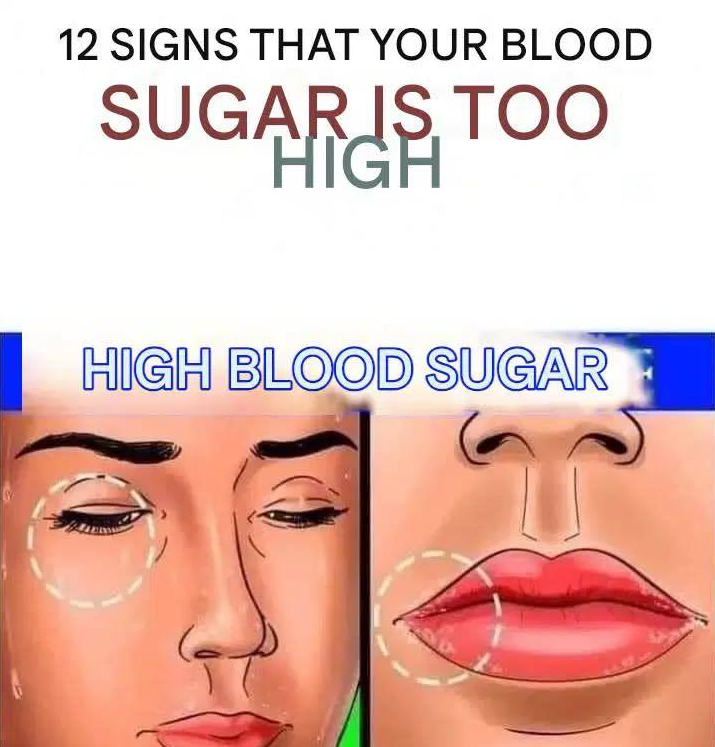Even though there’s plenty of glucose in your bloodstream, your cells can’t absorb it efficiently due to insulin resistance or deficiency. This leaves your body feeling starved for energy, causing increased hunger and cravings.
4. Fatigue and Weakness
Without glucose entering your cells to provide energy, your body can feel tired and weak. You may notice difficulty concentrating or staying alert, sometimes referred to as « brain fog. »
5. Blurred Vision
High blood sugar can cause fluid to be pulled from the lenses of your eyes, affecting your ability to focus clearly. This may result in temporary blurred vision, which usually improves when blood sugar is controlled.
6. Slow Healing of Wounds and Infections
Elevated blood sugar impairs your immune system’s effectiveness, making it harder for cuts, sores, and infections to heal. You might notice wounds that take longer than usual to close or recurrent infections.
7. Unexplained Weight Loss
When your cells can’t get energy from glucose, your body starts breaking down fat and muscle for fuel, leading to weight loss. This often occurs despite increased hunger and food intake.
8. Tingling or Numbness in Hands and Feet (Peripheral Neuropathy)
High blood sugar can damage nerves, especially in the extremities, causing symptoms like tingling, numbness, burning, or pain. This nerve damage is often a sign of diabetic neuropathy.
9. Dry Mouth and Skin
Dehydration from frequent urination can cause dry mouth, making it uncomfortable to swallow or speak. Your skin may also feel dry, itchy, or flaky due to fluid loss.
10. Recurrent Yeast or Urinary Tract Infections
Excess glucose in urine creates an environment that encourages bacterial and yeast growth, increasing your risk for infections like yeast infections or urinary tract infections (UTIs).
11. Difficulty Concentrating or “Brain Fog”
Persistent high blood sugar can affect brain function, leading to trouble focusing, memory lapses, or mental sluggishness.
12. Fruity-Smelling Breath
In cases of very high blood sugar, your body may start breaking down fat for energy, producing ketones. One ketone, acetone, can cause your breath to have a sweet, fruity odor—a sign that medical attention may be needed.
When to See a Doctor
If you experience several of these symptoms, especially if you have risk factors like obesity, a family history of diabetes, or a sedentary lifestyle, it’s important to consult a healthcare professional. Early diagnosis and management can prevent serious complications.
A doctor can perform blood tests such as fasting glucose, HbA1c, or an oral glucose tolerance test to confirm elevated blood sugar and provide guidance on lifestyle changes, medications, or insulin therapy if necessary.
How to Manage High Blood Sugar
-
Healthy diet: Focus on low glycemic index foods, plenty of fiber, and balanced meals.
-
Regular exercise: Physical activity helps cells use glucose more efficiently.
-
Medication adherence: If prescribed, take diabetes medications or insulin as directed.
-
Monitor blood sugar: Regularly check levels to keep them within target range.
-
Stay hydrated: Drink plenty of water to help flush excess glucose.
Final Thoughts
Recognizing the signs of high blood sugar early can make a significant difference in managing your health. If you notice symptoms such as frequent urination, excessive thirst, fatigue, or blurred vision, don’t ignore them. Timely action, combined with professional medical care, can help you keep your blood sugar in check and protect your long-term well-being.
